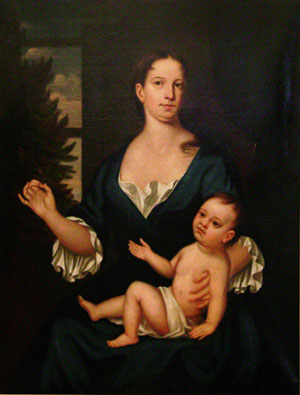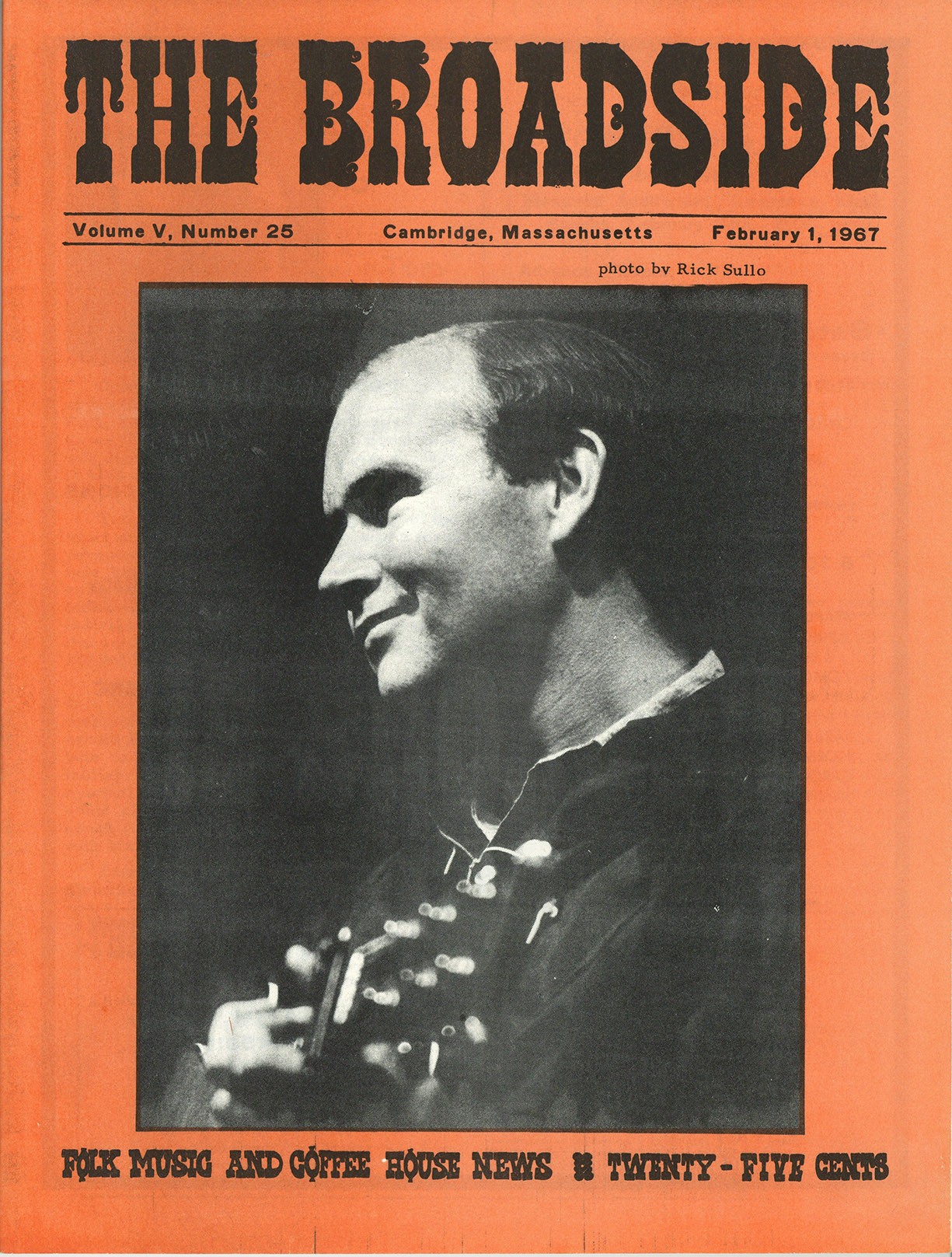Georgene A. Bramlage Leverett (Mass.) Collection
A free-lance garden and landscape writer, Georgene A. Bramlage has published widely on garden and food-related topics and has been a member of the Garden Writers Association since 1980. She is the wife of William A. Bramlage, a member of the faculty in Plant and Soil Sciences at UMass Amherst. Long-time residents of Leverett, Mass., the Bramlages relocated to Roanoke, Va., in 2009.
An avid local historian, Bramlage collected pamphlets and ephemeral publications relating to the history of her town. This small collection includes a few items relating to the town’s bicentennial in 1974, newspaper clippings, genealogical information, and articles on its residents, and items relating to civic affairs in town. Several cookbooks donated by Bramlage were transferred to the McIntosh Cookbook Collection.



